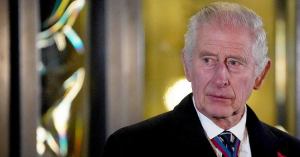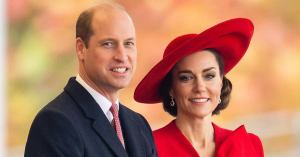On Friday, Queen Elizabeth announced that her husband of 70 years, Prince Philip, died “peacefully” at Windsor Castle. At 99-years-old, Philip was the longest-serving royal consort, having stood at Her Majesty’s side for decades, but how does his passing affect the British line of succession, and who will become King now?
Although his death has sent shockwaves through the world and the royal family will enter a period of mourning, Philip’s death will have no impact on the current line to the throne. Officially known as Prince Philip, Duke of Edinburgh, a title gifted to him upon his marriage to the Queen, Philip was never king and instead served as prince consort to the Commonwealth. As marriage to a queen does not determine a ranking in the line of succession, and a royal can only enter the line of succession via royal ancestry and laws enacted by the British government, the line of succession will remain unchanged. Only upon the Queen’s passing, or the passing of another royal family member, will the line to the throne change.
Videos by PopCulture.com
Currently, Prince Charles, Philip and the Queen’s eldest child is first in line to the throne. He will become King upon his mother’s passing or in the scenario that she steps down from the monarchy. Following him, Prince William, Charles’ son with the late Prince Diana, will become king. William’s three children with Kate Middleton – Prince George, Princess Charlotte, and Prince Louis – fill the third, fourth, and fifth places in the line of succession, with Charles’ second son, Prince Harry, in sixth. Harry was once third in line, though his rank was pushed back upon Williams’s children’s births. He will move further down the line when and if the three young royals have children of their own. Harry’s son with Meghan Markle, Master Archie Mountbatten-Windsor, is seventh in line. The couple is currently expecting their second child, a baby girl who will be eight in the line of succession.
Upon his death, another matter has arisen separately from the line of succession: his dukedom. Before Philip married the Queen, then Princess Elizabeth, in 1947, he renounced his Greek and Danish royal titles and gave up his place in the line of succession to the Greek throne. On his wedding day, King George VI gifted him the title of Duke of Edinburgh. The title is a lifelong peerage, and it will now pass on. Although there has been no confirmation as to who the title will be given to, it is expected that Philip’s youngest son, Prince Edward, who currently holds an earldom, will inherit the title. In doing so, Edward will be expected to take on his father’s legacy and continue his work.





